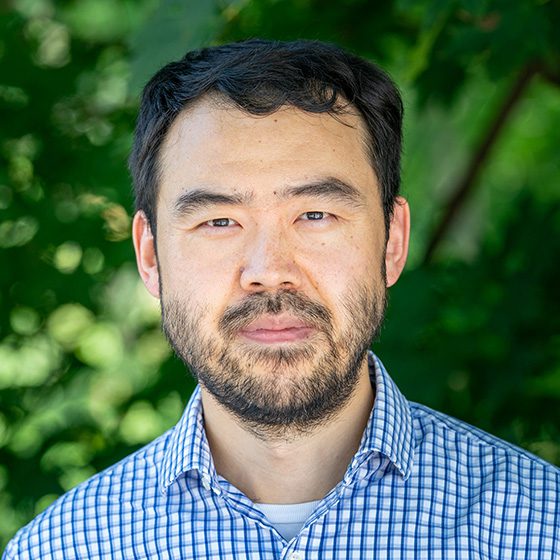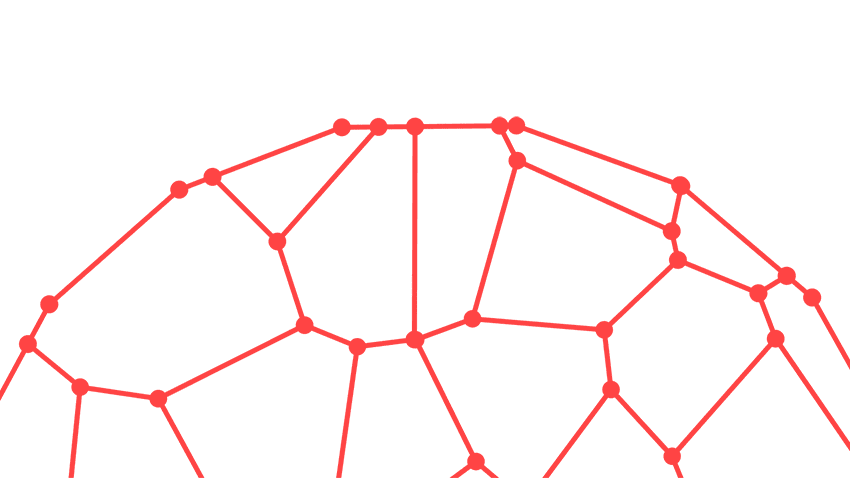
Biography
Dr. Zhang’s research interests focus on energy and the environment, driven by societal impact. He studies the interactions between energy and environmental systems using numerical models and experimental techniques, in the context of air pollution, renewable energy, and deep decarbonization. Dr. Zhang’s research has led to major legislation and programs in New York, the U.S., and internationally. He is a Fellow of the American Society of Mechanical Engineers.
Dr. Zhang’s group aims to establish a source-to-receptor relationship for harmful airborne particulate matter (PM) and gaseous pollutants and indoor contaminants, with applications on near-source air pollution, indoor environmental quality, and environmental justice. His group has developed CTAG (which stands for Comprehensive Turbulent Aerosol dynamics and Gas chemistry), an environmental turbulent reacting flow model, to simulate the transport and transformation of multiple pollutants in complex environments. Notably, CTAG has been used as a design tool for science-driven transportation green infrastructure for disadvantaged communities to mitigate near-road air pollution and assisted the development of building downwash-sidewash algorithms for distributed generation.
Another major area of Dr. Zhang’s research is sustainable energy systems. His current research in this area focuses on 1) designing sustainable solar farms by incorporating the interdependent dynamics of energy infrastructures, ecosystems, and human systems, and 2) managing a large number of distributed and controllable energy resources such as heat pumps to provide demand flexibility and a wide range of cost-effective power systems services. Those technologies will greatly facilitate the transition to a reliable, secure, efficient, and just energy system while avoiding unintended consequences. In addition, Dr. Zhang has been working with colleagues across the campus and external partners to create a sustainable solar initiative, accelerating renewable energy deployment while broadening the benefits of energy transitions to communities and the environment.
Dr. Zhang’s extensive experience with Internet of Things (IoT)-based solutions in the energy and environmental systems led him to create an initiative to design the first statewide public IoT network in the U.S. He believes that combining broadband with Low Power Wide Area Network (LPWAN) is the most cost-effective way to bridge the digital divide between rural and non-rural America. This initiative has already enabled a wide range of impactful research activities such as microclimate monitoring at solar farms across New York State and hyperlocal weather forecasting to enhance response winter storm response in rural communities.
Integration of community engagement into research and education is a unifying theme in Dr. Zhang’s academic and professional activities. Through teaching a design course, he is working tirelessly with community partners to address societal challenges in food security, healthcare, transportation, and STEM education. Dr. Zhang is passionate about communicating science to the public. He is always looking for motivated students at all levels to join his group to pursue impact-driven research.
Research Interests
Aerosols, Air Quality and Climate Change; Renewable Energy Integration; Solar Farm Designs; Grid-interactive Building Systems; Heating and Transportation Electrification; Internet of Things (IoT)
Teaching Interests
Dr. Zhang teaches Introduction to Internet of Things, Future Energy Systems, Air Quality and Engineering Thermodynamics classes through the Sibley School.
Select Publications
-
Henry J. Williams, Khaled N. Hashad, Haomiao Wang, and K. Max Zhang. The potential for agrivoltaics to enhance solar farm cooling, Applied Energy 332, 120478, 2023
-
Ali Amadeh, Zachary E. Lee, and K. Max Zhang. Building cluster demand flexibility: An innovative characterization framework and applications at the planning and operational levels. Energy Conversion and Management 283, 116884, 2023
-
Zachary E. Lee and K. Max Zhang. Regulated peer-to-peer energy markets for harnessing decentralized demand flexibility, Applied Energy, 336, 120672, 2023
-
Khaled N. Hashad, Bo Yang, John Gallagher, Richard W. Baldauf, Parikshit Deshmukh, and K. Max Zhang. Impact of roadside conifer vegetation growth on air pollution mitigation. Landscape and Urban Planning, 229: 104594, 2023
-
Jeffery A. Sward, Toby R. Ault, and K. Max Zhang. Spatial biases revealed by LiDAR in a multiphysics WRF ensemble designed for offshore wind. Energy, 262: 125346, 2023
Select Awards and Honors
- Cornell Town-Gown Achievement Award 2022
- Engaged Scholar Prize, Cornell University 2017
- People's Choice Sign of Sustainability Award, Sustainable Tompkins 2016
- Scientific and Technological Achievement Award, Environmental Protection Agency 2015
Education
- B.S., Thermal Engineering, Tianjin University 1998
- B.A., English Language, Tianjin University 1998
- Ph.D., Mechanical Engineering, University of California-Davis 2004




